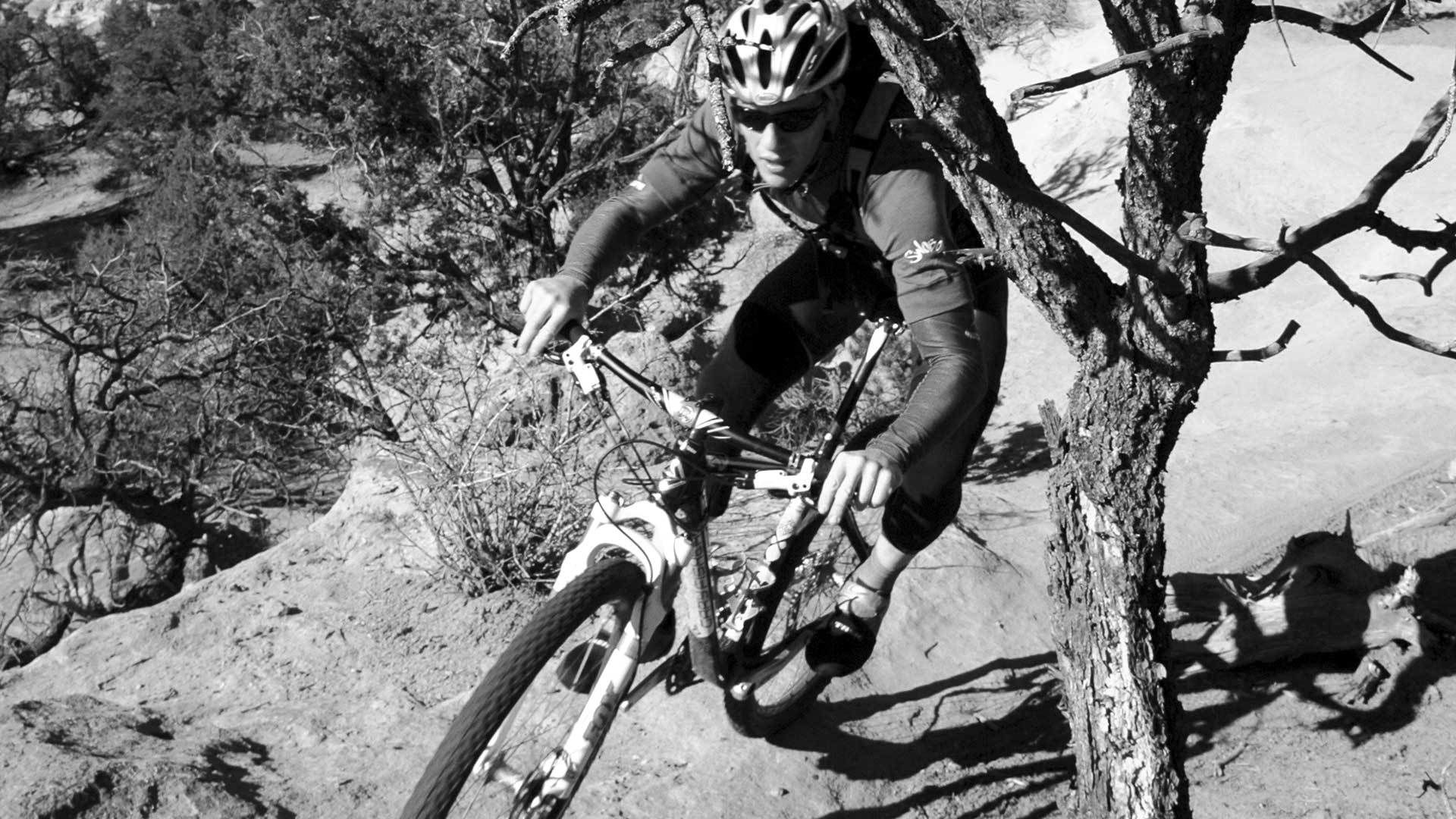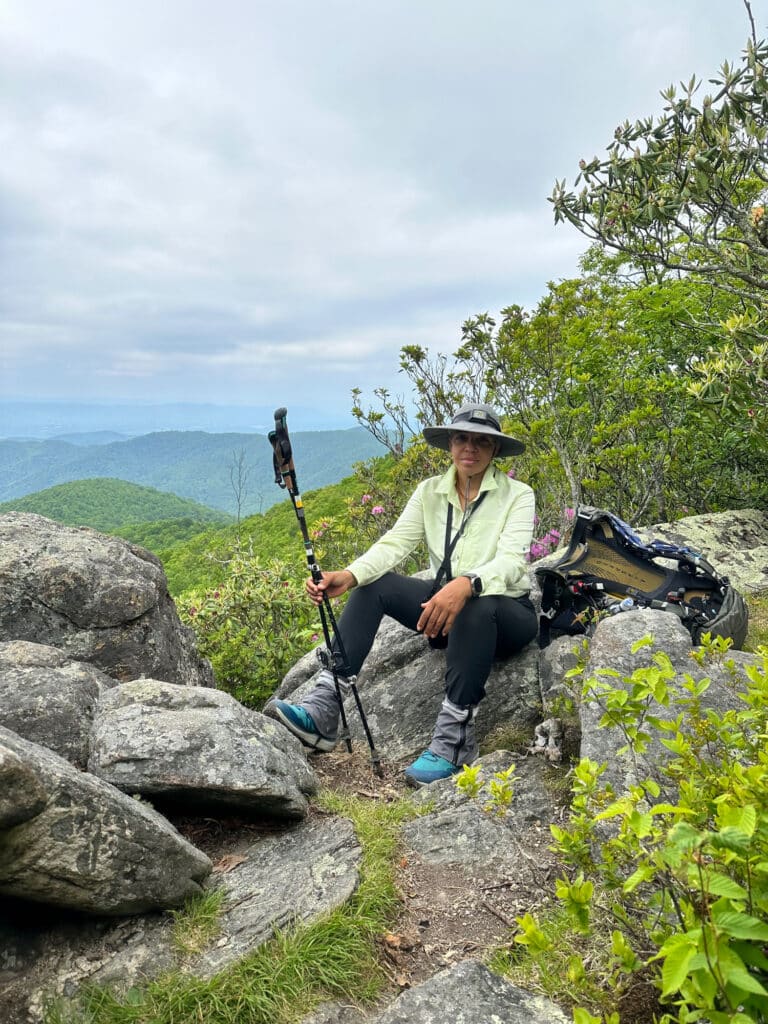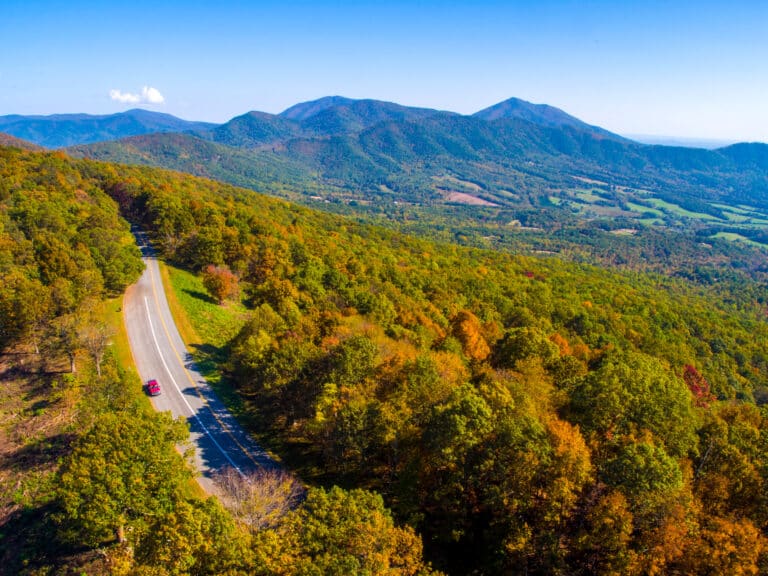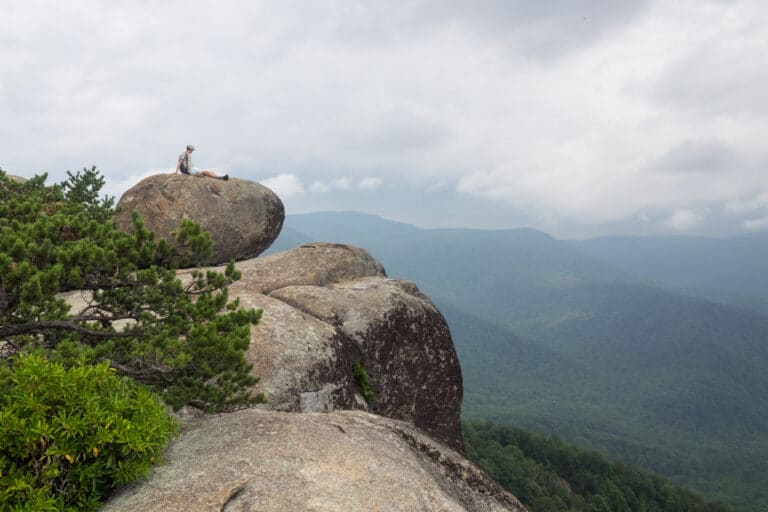Mountain biking friends, we need to talk. I keep hearing gripes about the “ban” on mountain bikes in wilderness, and it’s time for some real CONVERSATION
I ride bikes, preferably in the backcountry. I’ve been exploring and adventuring by bike for over 22 years and, for reasons you will understand if you’ve ever ridden here, Pisgah is my home. Long rides and the Southeast’s toughest races have given me a shoebox full of belt buckles and countless memories and friends.
As a public lands attorney for the Southern Environmental Law Center, I also have the privilege of working every day to protect public lands for everyone—bikers, hikers, kayakers, hunters, anglers, and the rest. It is a joy and it is a profound responsibility. Part of that responsibility is growing the next generation of the conservation movement, and I’m counting on you recreation enthusiasts to be a part of it. But lately, you guys are making it really hard for me to do my job.
It’s this whole wilderness thing.
I assume, if you’re reading this, that you know the basics: The Wilderness Act of 1964—the most important conservation law in the history of America or anywhere else—created a system for protecting our most special places. It’s a tough political process; you’ve got to convince Congress to go along and designate each area. That’s why only 2 to 3 percent of the lower 48 is wilderness. But once an area is designated, the Act says no to “motorized equipment” (like chainsaws) and “mechanized transport” (like bikes).
Lately, a vocal minority of the mountain bike community, led by the Sustainable Trails Coalition (STC), has worked itself into a lather over these rules. They want to change the law to allow bikes in wilderness.
To put a point on it, STC’s bill would neither protect nor grant access to a single mile of bike trail anywhere.
STC’s acolytes will tell you that the Forest Service has misinterpreted the law and they just want to restore Congress’ original intent, but (and I wish there were a more diplomatic way to say this) that’s a lie. If Congress had intended to allow bikes, then there would be no need to change the statute; mountain bikers could simply sue and overturn the Forest Service’s mistaken policy in court. But they don’t, because they’d lose. Because the Wilderness Act means what it says. So, instead, STC wants to change the law, and they’re willing to work with the most fervently anti-wilderness, anti-public lands members of Congress to do it.
What could go wrong?
I get it. Really. The arguments are compelling, at least on the surface. Mountain bikers are as tough and adventurous as any wilderness hiker, and we don’t necessarily cause any more erosion than other users. Shouldn’t we be able to experience wilderness under our own power?
Arguments like these have been distilled, crowd-tested, refined. Everyone on Facebook is newly an expert on the legislative and administrative history of the Wilderness Act. We’ve picked teams, and the only thing left to do is to score points. Pointing out a perceived hypocrisy on the other side? Aha! Reducing your opponent’s position to a strawman like “hikers just don’t like to see bikers”? Bingo.
And now we’re eating our own. STC has unleashed the hounds on IMBA—an organization that has helped local chapters keep access to backcountry trails around the country, built support for alternative designations (like National Scenic Areas and National Recreation Areas) that can permanently protect the backcountry trail experience, and has actually succeeded in unlocking wilderness trails for bikes by working with conservation groups.
We’ve almost reached a point of no return, where we find a stronger purpose in proving ourselves right than we find on the trail. And that’s why I think this is a good time to point out that getting rid of the “ban” on mountain bikes won’t accomplish anything.
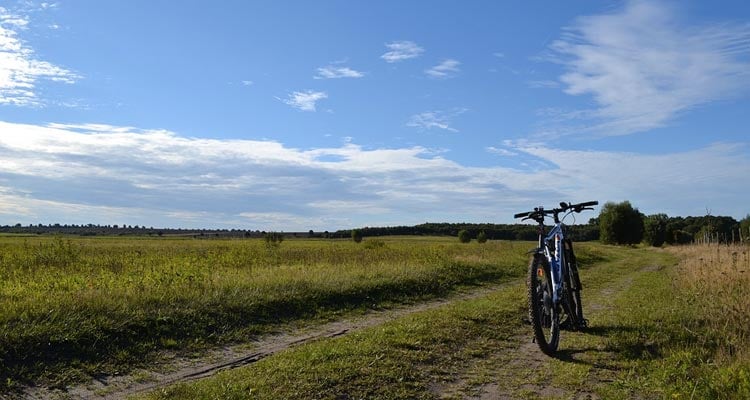
STC promises: “One easy trick to protect mountain bike access! Click here!” The fact is, there’s only one way to protect and expand opportunities for backcountry mountain biking: sustained, organized, local advocacy. Wilderness decisions are made by Congress but, for better or worse, the local delegation has the final say. If mountain bikers “lose” an area to wilderness designation, it’s because they don’t have enough local clout or don’t organize effectively to advance an alternative vision.
STC’s bill would not change this political reality. In its current form, it would merely change the vocabulary around wilderness and bike access decisions. Instead of “should this area be designated wilderness or something else?” we’d ask, “should this wilderness allow bikes?” Either way, the question for mountain bikers is the same. And, either way, the outcome will depend on how effectively mountain bikers work together and with other groups to solve local problems. Changing the law won’t build relationships. It won’t create a history of shared stewardship between cyclists and other trail users.
And STC’s bill would not create the organization or provide the support needed to work with land managers and other stakeholders in the multi-year planning processes that decide where we can ride. It would not be at the table when our favorite riding destinations are proposed for development with roads and logging, mining, or oil and gas development. Once STC’s mission is accomplished, it would simply disappear, leaving the rest of us to clean up the mess.
To put a point on it, STC’s bill would neither protect nor grant access to a single mile of bike trail anywhere.
So what would the bill do? For starters, it would fracture the mountain bike community and isolate us from the rest of the conservation movement. It would make the politics even tougher than they are now, ensuring that we spend our energy fighting battles we’re likely to lose rather than earning other conservation groups’ support for our top priorities. And, worst of all, it would change what wilderness means.
Mountain bikers are new to the public lands management scene. We weren’t around for the 40 years of work that led to the Wilderness Act, in which Americans collectively and nearly unanimously agreed to limit ourselves when it comes to wilderness. Hunters agreed we wouldn’t artificially manage game populations. Anglers agreed we wouldn’t stock trout.
We all sacrificed, because that was the only way to keep it. And keeping wilderness was the only way to keep our freedom. We’re a part of our environment, and when we tame it, we tame ourselves. This is the paradox of modern humanity: If we have the power to tame our wild places, freedom can exist only as long as we exercise collective self-restraint.
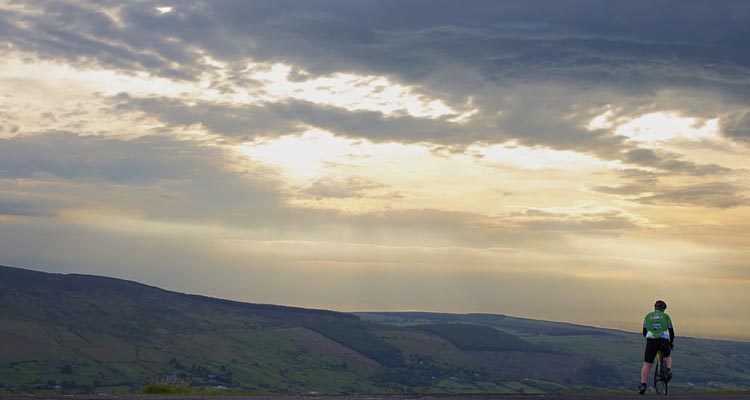
Too abstract? Okay, let’s get specific. Like it or not, the mountain bike is a machine that helps us tame our wild places. We can go farther, faster and make those places more manageable and fun. My latest race bike is more like a moto than the 26-inch hardtail I first rode (and carried) up the Black Mountain trail. It’s never been easier to transform a wild landscape into an afternoon outing. And we’re not just changing the experience for ourselves; we’re changing it for others too. I’ve seen a lot of changes in Pisgah. Rocky ribbons of trail have become deep gullies. The feeling of remoteness and solitude is gone, too, replaced by a social scene. It’s fun, but it’s not wild.
In fact, I haven’t spent much time on the Pisgah district lately. Instead, I find myself on trails that aren’t “on the map” yet, looking for an experience I can’t find on Bennett Gap anymore. I know many of you feel the same way, and that’s why riding in wilderness is such a tempting idea. But while we’ve been chasing the wild, the wild has been fleeing from us. It has retreated across the invisible line, where Pisgah’s designated wilderness areas still offer the same rocky ribbons, the same solitude, the same freedom that they always have.
Here’s why conservationists consider the Wilderness Act to be sacred: If wilderness is collective self-restraint, then the law is how we keep each other honest. It’s too easy for a user group to have a blind spot for the ways that its use can change a wild place. Before you know it, those little changes add up. As individuals, mountain bikers love wildness. As a group, we displace it.
If we want to ride on the frontier without losing our last wild places, then we need more of it. We need to protect more backcountry, with wilderness and bike-friendly designations alike. And we’ll need to work together to do that. Let’s not alienate our strongest allies by claiming that wilderness, like any other place, is for us, for our appetites, for fun. Let’s stop promoting the voices that benefit from our divisions. Instead, let’s work together to develop a shared vision for how mountain biking fits into the broader conservation movement. And let’s come to the table ready to work.
—Sam Evans is a competitive mountain biker and an attorney with Southern Environmental Law Center in Asheville, N.C.
